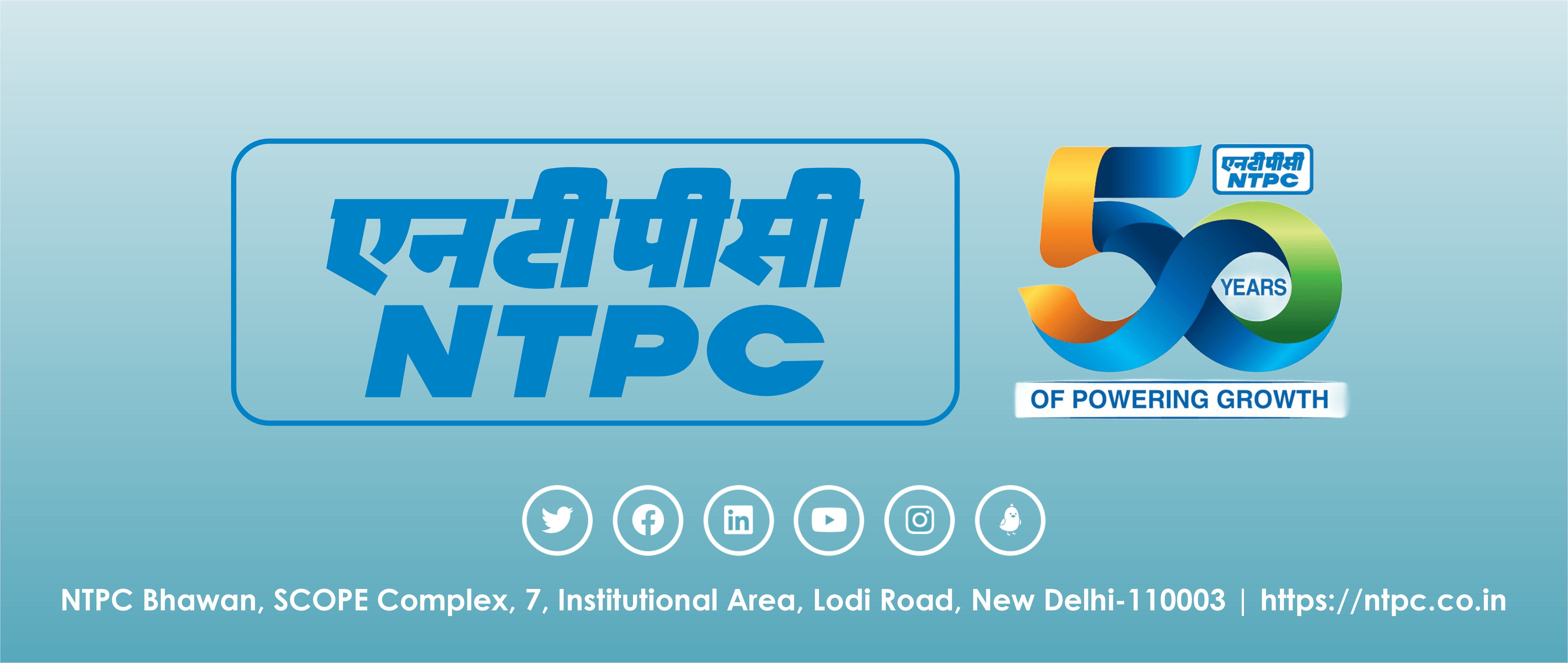TO RECIEVE EXCLUSIVE POSTS AND NEWS
![]() The current round of institutional trust deficit that constrained four Supreme Court judges to hold a presser last week is considered by many to have first marked its appearance in the CBI where the chief objected to the appointment of his second in command and had to swallow his pride when the said appointment was validated by the SC also.
Indeed, the matter of institutional trust deficit is seen rampant within all the institutions of state; in some institutions, it forces its way in the public domain, while in the others, it gets suppressed.
On Friday last week, four senior SC judges ventilated their frustration and disappointment with the functioning of CJI Dipak Misra, particularly in matters of allotment of cases. Luckily, the CJI has got into the act of sorting out things in the court and this week, he may work out a satisfactory solution.
But the larger question of reforms in the functioning and appointment of judges in the SC, HC, and lower courts would continue to haunt this country in contravention of the social contract and general will of the people of India.
Look at the CBI where a reverse case of institutional trust deficit reared its head on 21st October last year when the CBI Chief questioned the appointment of the second senior-most officer in the Bureau to the post of second highest-rank of Special Director.
While the CJI is said to be in the process of sorting out differences within the ranks of the highest judiciary, the institutional trust deficit continues to persist in the Bureau as reflected in the deadlock over the appointment of three ADGs and four Jt Directors.
Similar situations, with relevant variations, continue to plage the whole administration not only in the central government but also in the state governments, municipal bodies, etc.
The current round of institutional trust deficit that constrained four Supreme Court judges to hold a presser last week is considered by many to have first marked its appearance in the CBI where the chief objected to the appointment of his second in command and had to swallow his pride when the said appointment was validated by the SC also.
Indeed, the matter of institutional trust deficit is seen rampant within all the institutions of state; in some institutions, it forces its way in the public domain, while in the others, it gets suppressed.
On Friday last week, four senior SC judges ventilated their frustration and disappointment with the functioning of CJI Dipak Misra, particularly in matters of allotment of cases. Luckily, the CJI has got into the act of sorting out things in the court and this week, he may work out a satisfactory solution.
But the larger question of reforms in the functioning and appointment of judges in the SC, HC, and lower courts would continue to haunt this country in contravention of the social contract and general will of the people of India.
Look at the CBI where a reverse case of institutional trust deficit reared its head on 21st October last year when the CBI Chief questioned the appointment of the second senior-most officer in the Bureau to the post of second highest-rank of Special Director.
While the CJI is said to be in the process of sorting out differences within the ranks of the highest judiciary, the institutional trust deficit continues to persist in the Bureau as reflected in the deadlock over the appointment of three ADGs and four Jt Directors.
Similar situations, with relevant variations, continue to plage the whole administration not only in the central government but also in the state governments, municipal bodies, etc.























